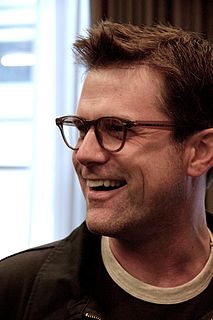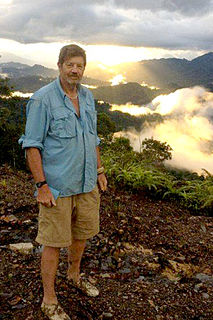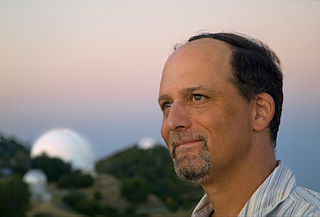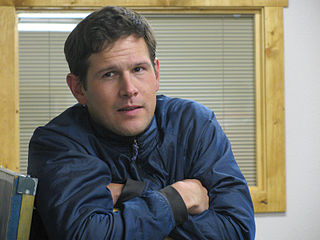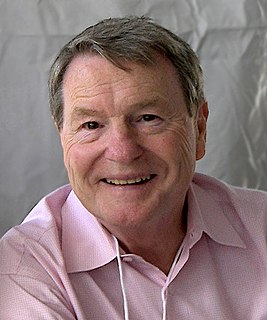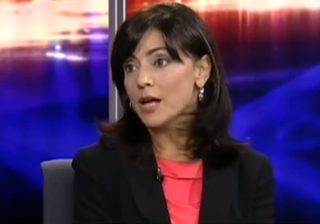A Quote by Carl Sagan
Each of us is a tiny being, permitted to ride on the outermost skin of one of the smaller planets for a few dozen trips around the local star.
Related Quotes
Email is such a funny thing. People hand you these single little messages that are no heavier than a river pebble. But it doesn't take long until you have acquired a pile of pebbles that's taller than you and heavier than you could ever hope to move, even if you wanted to do it over a few dozen trips. But for the person who took the time to hand you their pebble, it seems outrageous that you can't handle that one tiny thing.
What is it that you contain? The dead. Time. Light patterns of millennia opening in your gut. Every minute, in each of you, a few million potassium atoms succumb to radioactive decay. The energy that powers these tiny atomic events has been locked inside potassium atoms ever since a star-sized bomb exploded nothing into being. Potassium, like uranium and radium, is a long-lived radioactive nuclear waste of the supernova bang that accounts for you. Your first parent was a star.
A major puzzle for which nobody has an answer is this: is there some size at which the planets change their nature from water-rich planets like Neptune, to rocky planets like the Earth? We have found two planets that are the size of the Earth in radius, but they are very close to their host star, so water on the surface would evaporate away.
Recently my fingers have developed a prejudice against comparatives. They all follow this pattern: a squirrel is smaller than a tree; a bird is more musical than a tree. Each of us is the strongest one in his or her own skin. Characteristics should take off their hats to one another, instead of spitting in each other's faces.


